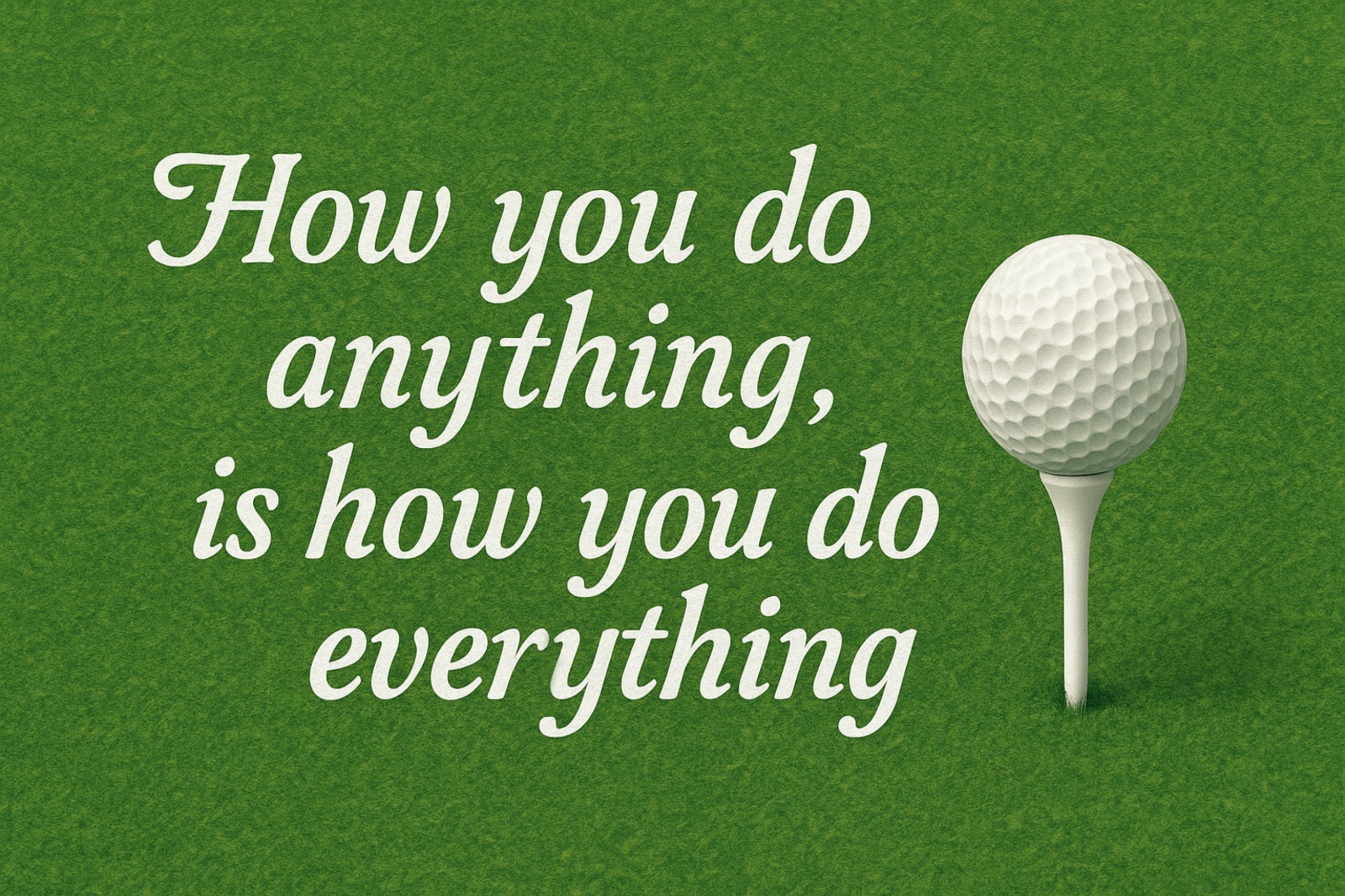As you look at your calendar, do you see back-to-back meetings, every day of the week, and feel as if there is not much time to do real work?
That’s what I hear from so many of my clients and colleagues.
I’m guessing the intentions were good. You want to collaborate across your team, so you schedule team meetings every week. Then you want to support, coach and direct your direct reports, so you schedule 1 to 1s with them weekly. You need to communicate with YOUR boss, or peer manager, so you schedule a 1 to 1, maybe every two or three weeks.
And now with so many working hybrid or from home, the only way to see and collaborate with people is to schedule a TEAMS or ZOOM meeting.
It all adds up.
Pretty soon, your calendar is full, and you don’t have any time to yourself. To think, to work, to plan, to be creative. In business school, they call meetings “the monster”. They can take over.
If you are feeling like this, then maybe it’s time for a reset. Here are some suggestions I have to create open space on your calendar:
- If a meeting is scheduled for an hour, make it 30 minutes long instead. That means taking an extra moment to adjust the length of the meetings on your calendar. Even though the default setting may be an hour, most meetings don’t take an hour, but since we have it blocked on our calendar, we tend to let the meeting time expand to fill that slot. It’s Parkinson’s Law: Work will expand to fill the time allotted for its completion. Be succinct and be done in 30 minutes. Everyone will thank you. Or if you finish early, release everyone and tell them you are putting XX minutes back on their calendar.
- If you have recurring weekly meetings, change them to every other week. If you have meetings every two weeks, move them to every three weeks. If you have meetings every three weeks, move them to once a month. I guarantee you won’t miss anything.
- Start all meetings on time. Nothing is more frustrating than when a meeting is supposed to start at 10:00am (via Zoom) and the host says….“Let’s wait a few more minutes until everyone gets on.” What a sign of disrespect for those who were ready to start on time. If your team knows you start all meetings on time, then they will log on, or arrive in your meeting room a minute or two early, so it can begin on time. If it’s an in-person meeting, go ahead and start on time, whether or not everyone is sitting at the conference room table. **Resist the temptation to recap for people when they arrive late. Doing so, sends the wrong message. They can ask someone else what they missed after your meeting is over.
- Make it a practice to put a space between all your meetings, perhaps 15 minutes. That allows you to get up, walk around, get a fresh cup of coffee or tea and take a bio break. It also gives you a chance to literally breathe, so you are fresher for your next meeting.
- Block your calendar for your own personal work time. Now that people have access to my calendar via Calendly to book meetings with me, I have had to get in the habit of blocking my calendar for things like: drive time, prep time, lunch time, start time, finish time. If you block your own calendar in advance for the time you need to get your work completed, then there will be less opportunity for people to fill your calendar up without your permission.
- Don’t accept every meeting invitation. Ask yourself, is it mandatory that you attend a meeting, or is it a case of “CYA” (cover your *ss) from another coworker or is it you like to be in the know about everything? If you need to know what happened in a meeting that you did not attend, ask to be sent the agenda/meeting notes/follow up notes. That will likely suffice….and will also encourage your team members to take notes and have action items.
- Before setting up a meeting, ask yourself, “does this really need to be a meeting, or can it be handled with an email?” If it’s a management meeting where everyone just gives reports and updates – perhaps a weekly email report from each person will suffice. Meetings should be for discussions that cannot be done with email.
Okay, how are you feeling now? Do you feel like you have more control over your calendar, and more time to breathe, think and work?
We all experience calendar creep and it’s a good practice to evaluate and clean up your calendar practices at least every six months. See, maybe all it took was a meeting-ectomy!
Onward and upward,

If you’re enjoying what you’re reading, please consider recommending it to others. They can sign up here.





